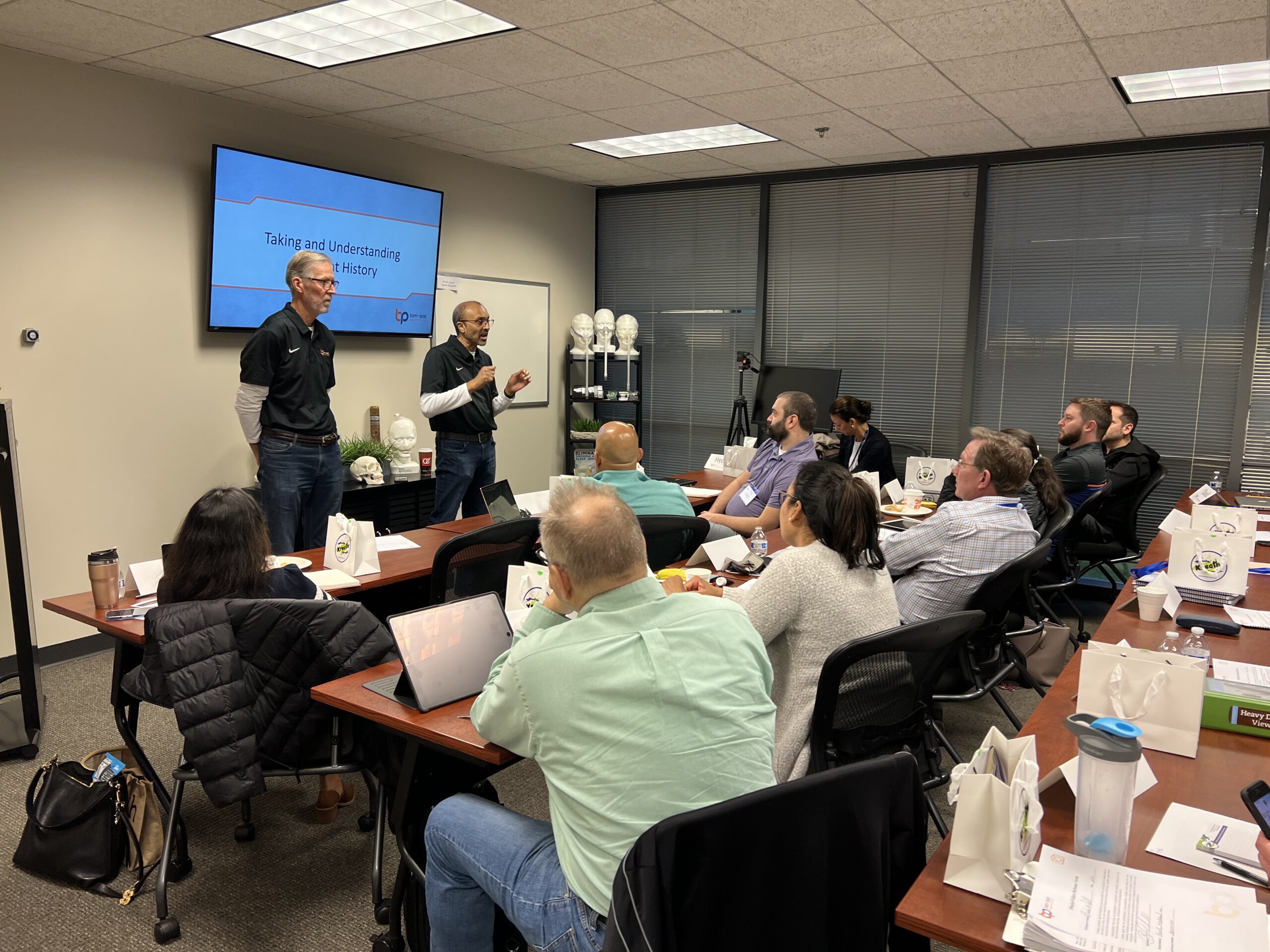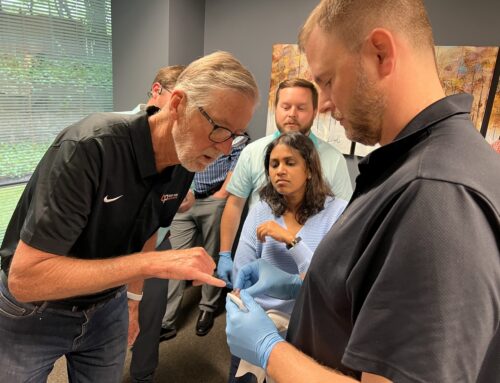Dentists and their teams are uniquely positioned to screen for sleep apnea and craniofacial pain because they are trained to evaluate the entire patient. And with dentists seeing patients at least twice a year, they can recognize traits, characteristics, and behaviors that may predispose patients to various systemic conditions. That is why it is time to consider screening for sleep apnea and craniofacial pain in your dental practice.
Join us starting October 13 for a four-part educational series at Tufts University School of Dental Medicine that can be a game-changer for dentists and their teams. This is a hands-on and didactic maxi-residency in craniofacial pain and dental sleep medicine.
Why you should expand your services
Globally, about 1 billion people between the ages of 30 and 69 have obstructive sleep apnea (OSA). The prevalence of OSA continues to rise and affect all countries, especially as it is driven by an increase in obesity, a major risk factor for sleep apnea.
On top of that, craniofacial pain appears to occur in about 10% of the adult population, with women affected two times more than men. And it is one of the most common causes of chronic pain after back, neck, and knee pain. Yet, while acute pain in the craniofacial area is often tooth-related, chronic craniofacial pain is most commonly related to musculoskeletal disorders such as temporomandibular joint disorder (TMD).
Any way you look at it, OSA and craniofacial pain are interrupting the lives of individuals across the globe. Knowing the prevalence of these conditions signals a growing need to provide relief for patients with these conditions, and dentists are in a unique position to do so.
Take the next step
As dentists, we are committed to providing our patients with relief from their conditions. However, it is vital that dentists advance their education to learn more about dental sleep medicine and craniofacial pain in order to provide proper care.
The four-part education session would provide dentists with the necessary knowledge and skills to effectively screen, diagnose, and manage sleep apnea and craniofacial pain. The sessions could cover topics such as clinical evaluation techniques, screening questionnaires, treatment modalities, and the importance of interdisciplinary collaboration with medical professionals.
By expanding their expertise in these areas, dentists can enhance their ability to provide comprehensive care to their patients. They can become valuable contributors to the healthcare team, working alongside physicians and other specialists to improve patient outcomes and overall well-being.
We look forward to seeing you in October for the first part of this education series at Tufts University School of Dentistry. Make sure to register today before spots fill up!






